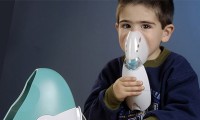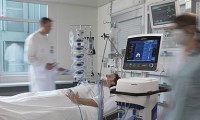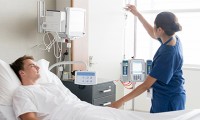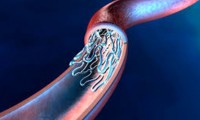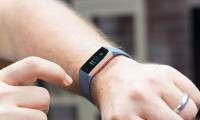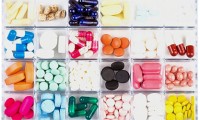-
Use Surgical face masks to prevent infection spread
- Source: drugdu
- 1,697
- September 29, 2018
-
The Best Disposable Syringes
- Source: drugdu
- 1,824
- September 29, 2018
-
Disposable Surgical Gowns for Hospital/Clinic use.
- Source: drugdu
- 2,051
- September 28, 2018
-
An ideal paediatric Infusion Set
- Source: drugdu
- 2,647
- September 28, 2018
-
Ambulance stretcher
- Source: drugdu
- 513
- September 27, 2018
-
Syringe pumps
- Source: drugdu
- 2,056
- September 27, 2018
-
Gauze sponges
- Source: drugdu
- 1,831
- September 27, 2018
-
Needle holder
- Source: drugdu
- 935
- September 27, 2018
-
Novel blood test to detect sleep deprivation
- Source: drugdu
- 1,714
- September 27, 2018
-
Source additives products on Drugdu.com now
- Source: drugdu
- 581
- September 26, 2018
your submission has already been received.
OK
Subscribe
Please enter a valid Email address!
Submit
The most relevant industry news & insight will be sent to you every two weeks.





